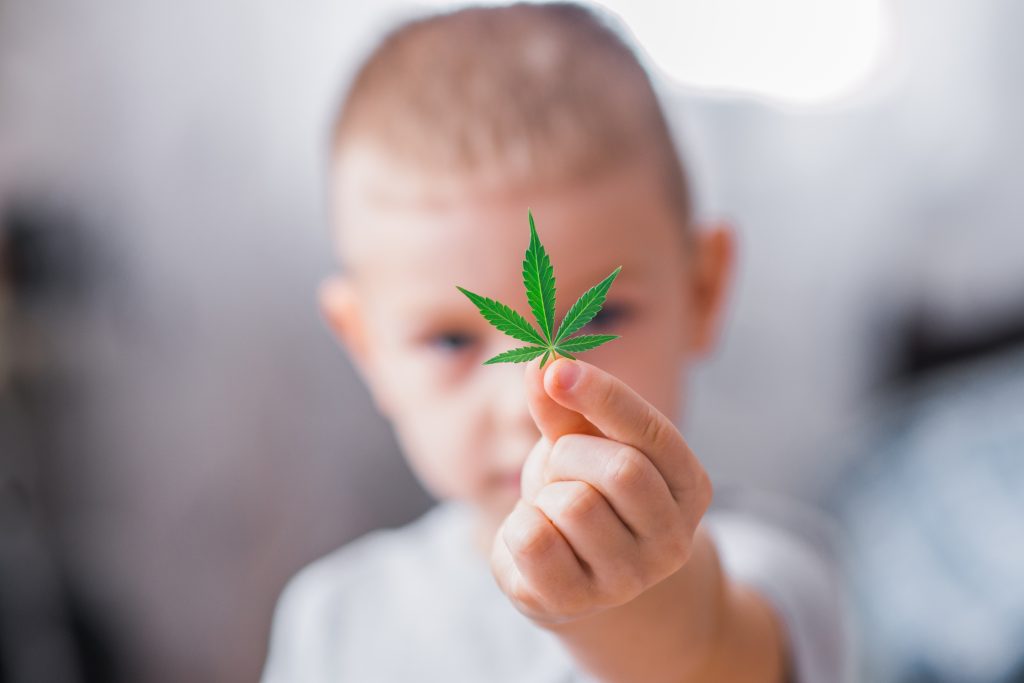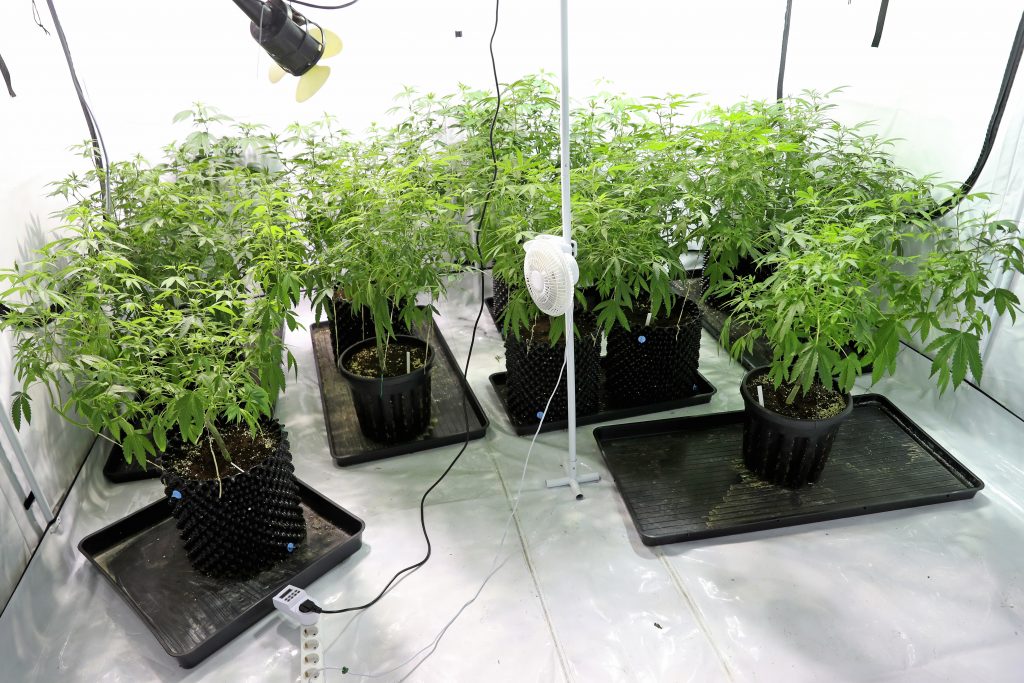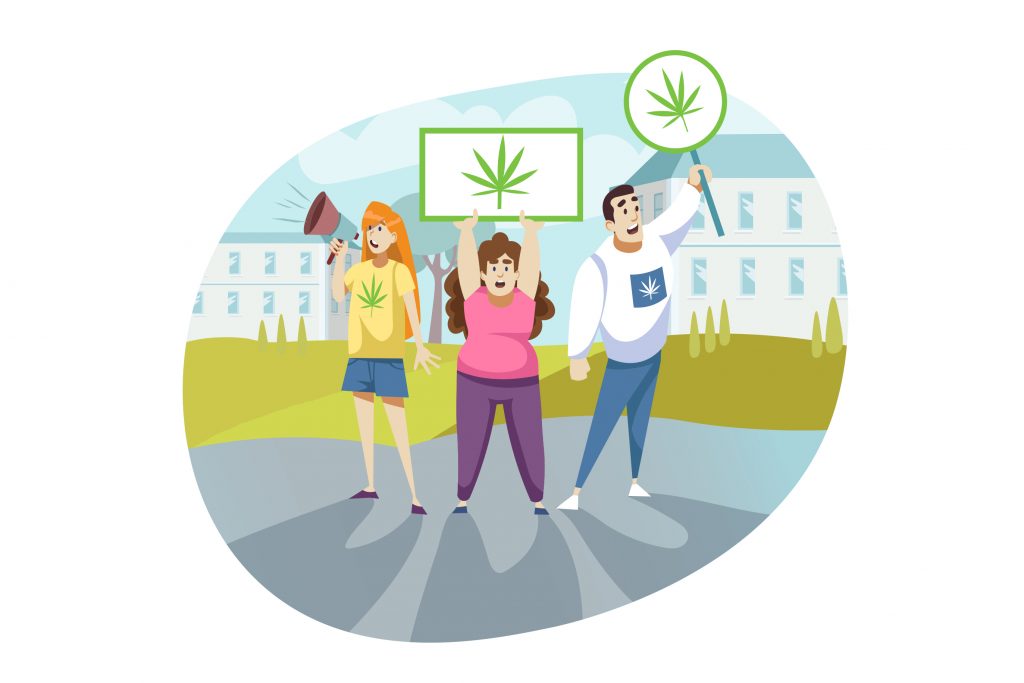When it comes to cannabis activism, there are groups all over the world, fighting the governments and public sentiments of the countries they are in. One group stands out among the rest, though. A group of mothers on a quest to help their sick children, and effect change in the process. When it comes to activism, Mama Cultiva fights hard for cannabis legalization.
If you’re a cannabis lover, you’ve probably already heard of delta-8 THC. This new compound is changing how we use cannabis, offering a different – less intense – way of using THC. And just your luck, we’ve got all the best Delta-8 THC deals for you to give it a shot. Don’t just read about this new version of THC, see what everyone is talking about!
The beginning in Chile & a sick 7-year-old child
Mama Cultiva’s biggest chapter is currently in Argentina, but the story of Mama Cultiva and the fight for cannabis legalization starts in Chile, as early as 2014. It was founded by Paulina Bobadilla, a mother of an epileptic daughter, Javiera, who was no longer responding to medications to stop her seizures in 2014, and who was suffering so much pain, and had become so numb, that she would inadvertently rip off her own fingernails.
Bobadilla was already having a hard time shelling out the $800 a month needed for these medications that weren’t even working, and had to sell her hair salon to make payments. Javiera began receiving a couple drops of cannabis oil a day at the age of seven, and according to Bobadilla, her seizures dropped from about seven a day to one, she was able to sleep, and general irritability went down. Bobadilla said positive results began within a week.
In September 2014, Bobadilla’s brother was arrested when he helped her buy approximately 20 grams after she ran out of cannabis to treat her daughter. They were pulled over in a car, where Bobadilla’s brother claimed responsibility for the cannabis and was charged with ‘micro-trafficking’. This means if convicted he faced at least 561 days in prison. I could not find information on the outcome of the case.

A couple more examples of early group members include Gabriela Reyes, who in 2014 had an only seven-month-old son who had suffered through up to 300 epileptic seizures a day. When her son stopped responding to medication completely, she was told he was a terminal patient, and essentially would die. Reyes found out about cannabis oil as an alternative treatment and began adding it to the infant’s bottle. His seizures dropped down to approximately 12 a day from 300, at which point he was able to start eating normally. Reyes strongly believes that cannabis saved her son’s life.
Another mother, who would only giver her first name, Susana, was cultivating with her husband in 2014 to make oil for their son with epilepsy. She said how growing can go very slow at times, and often the couple (and other families) would resort to buying off the street when needed. This sometimes meant being taken advantage of by dealers, or sold the wrong plant (male instead of female). For mothers like Susana, learning things like how to reproduce plants in a Mama Cultiva workshop, helped provide better grows so as not to require help from outside, less dependable, sources.
Understanding the illegality of her actions, Bobadilla began the group Mama Cultiva with other parents in similar situations, so they could discuss growing methods to cultivate cannabis to help their sick children. These parents continued to meet and grow secretly, even with the threat of 15 years in prison hanging over their heads, and the reality of Bobadilla’s own brother’s arrest.
Not only did they start to grow marijuana secretly at that time, as it was illegal to cultivate cannabis under Chilean government law, but Mama Cultiva began to push for a medical cannabis legalization that would allow their children treatment without breaking the law. At that time, the Health Commission of the House of Representatives had already approved legislation to home-grow in these cases, but Congress had not actually passed it yet. When Mama Cultiva held its first event, it attracted 11 families. By the second event, over 100 families were involved.
And today…
The early members of Mama Cultiva used social networks like Facebook to find each other and come together. As they grew, neighboring countries started their own chapters all across Latin America. Now, Mama Cultiva is a not-for-profit organization aimed at helping those who suffer from diseases and disorders like epilepsy, cancer, autism, and a host of other ailments that cannabis has shown to be useful for, and where standard Western medical treatments do not work. The organization guides families through the process of obtaining and using cannabis therapeutically, and advocates for legalized self-cultivation, as well as legal medical and recreational programs in South America.
For many looking to use cannabis for medicine, these are uncharted territories, often involving taking part in illegal measures, and Mama Cultiva helps families make it through. The group is also devoted to educating the public about medical cannabis in general, holding workshops, classes, and seminars on the topic. For the last several years, the group has been officially operational, helping those in need, and being instrumental in enacting cannabis legalization laws in different countries. Even in countries that have passed medical legalization measures, the infrastructure is often so paltry (or non-existent) that medications are still not widely available, leading many to grow on their own, and seek help from Mama Cultiva.

According to Gabriela Cancellaro, communications director of Argentina’s chapter of Mama Cultiva, “Self cultivation is still a debt our governments have with their societies, for it is still prosecuted and penalized in most of Latin American countries.”
How they’ve helped
Mama Cultiva activism can be seen all over South America. When Argentina legalized cannabis for medicinal use back in 2017, Mama Cultiva was said to have had a major influence on that legislation passing, even though the group was dismayed that self-cultivation was not legalized at that time. The group was involved in discussions to produce draft legislation for the 2020 decree which did finally legalize home-growing for medical purposes.
Part of what allowed this was the switching of presidents from Mauricio Macri who was in office for the 2017 law passage, but who did very little to make anything accessible to anyone, to Alberto Fernandez, whose government began working on regulations that are more permissive and allow more accessibility.
Mama Cultiva is very active in Paraguay. In 2019 the activist group gave out free cannabis seeds for the cultivation of hemp for sick children. They did this in a public square in the capital city of Asuncion, and it was meant to both help spread the ability for medicine, as well as pressure the government to legalize self-cultivation for medical purposes. This government is currently run by President Mario Abdo Benítez. His predecessor President Horacio Cartes did enact a medical cannabis law, but it was never effective as a regulatory framework was never created to run it.
As of 2020, a current law making its way through Paraguayan government, dubbed the ‘Mama Cultiva Law’, is seeking to decriminalize growing, harvesting, and the production of cannabis oil for home-growers, which would also in turn relax the current legal limit for possession, which is 10 grams. A translation of the modified text goes something like this: “Anyone who has in their possession substances referred to in this Law, which the doctor has prescribed or whoever has them for their exclusive personal use will be exempt from penalty.”
Back to Chile where the group originated, Mama Cultiva has been working with other groups like the Daya Foundation and Movimental to push for greater freedoms for cannabis use, specifically medicinally. While Chile does have a medical legalization, (and a decriminalization measure which has been stuck in the channels of government since 2015, but still hasn’t passed), the lack of access has led to protests literally every year.

In 2019, as many as 80,000 protesters marched in Santiago for the ‘Cultivate Your Rights’ march organized by the groups above. One of the main issues is the quick passage of the Safe Growing Law, which would stop medical patients from having their home-grown plants seized by the government. Pressure from these groups does seem to be moving things along, albeit slowly.
Stories can be found in all the countries the group operates in, like Brazil, Ecuador, Peru, Argentina, and Paraguay.
Effects of Covid
One of the many catastrophes caused by the Covid-19 pandemic – or rather, the reaction to it – is that most of Mama Cultiva’s activities had to stop, and with them, the flow of income into the group which keeps it operational. So just as should be expected by a group known for pushing boundaries, and thinking outside the box, Mama Cultiva moved their fight to places like Instagram, using it as a platform to educate about cultivation, and general marijuana philosophy.
In fact, Mama Cultiva used the pandemic as yet one more reason to push for legalization. Founder and director of Mama Cultiva Argentina – Valeria Salech – stated “In times like these, we find comfort in knowing that we can grow our own therapeutic products in our backyards…Now, more than ever, we want to highlight the importance of the sanitary autonomy provided by growing marijuana at home.”
Even so, these are trying times for an organization putting everything into helping the public. Anyone who would like to donate to the cause, and help keep these fighter-moms going, can do so through their site: here.
Conclusion
When it comes to cannabis heroes of history, Mama Cultiva as a group, has been one of the more influential entities fighting the fight for legalization. All over South America this group has inserted itself into legislative processes, organized protests, educated the public, and risked the freedom of its own members for the sake of helping sick children, and sick people all over the continent. Mama Cultiva has made the fight for cannabis legalization not just about getting high and selling products, but about an actual, legitimate way of saving and improving lives.
Hello and welcome to CBDtesters.co, your one-stop-shop for all cannabis-related news. Drop by often to keep your finger on the pulse of the legal marijuana world, and sign up to our newsletter so you’re always on top of what’s going on!
Resources
Argentina Allows Cannabis Self-Cultivation
Fly with Cannabis – Which Countries Let You Do It
Lebanon Legalized Medical Cannabis, 1st in Arab World
Can You Treat COVID-19 With CBD and Reduce Mortality Rates? A New Israeli Research Believes You Can!
America Is Cannabis Friendly – It’s Official California Might Be Progressive with Marijuana, But CBD is an Entirely Different Story
What is DELTA 8 THC (FAQ: Great resource to learn about DELTA 8THC)
Lebanon Legalized Medical Cannabis, 1st in Arab World
Why Using THC Is Good for the Eyes
The CBD Flowers Weekly newsletter (your top resource for all things smokable hemp flowers)
The Medical Cannabis Weekly newsletter (International medical cannabis business report)
Cannabis Heroes of History: How Robert Randall Beat the U.S.
The Delta 8 Weekly Newsletter (All you need to know about Delta 8 thc) and the Best Black Friday Delta 8 THC Deals 2020. The best delta-8 THC deals, coupons and discounts.
Argentina Legalized Medical Cannabis in 2017 – and Gives It Away for Free Paraguay Grows it, Brazil Takes it… Will New Cannabis Laws Change Anything? The World’s First Fully Stable and Genetically Uniform Cannabis Hybrid Seeds
Study Shows Positive Outcomes For Treating Epilepsy With CBD









